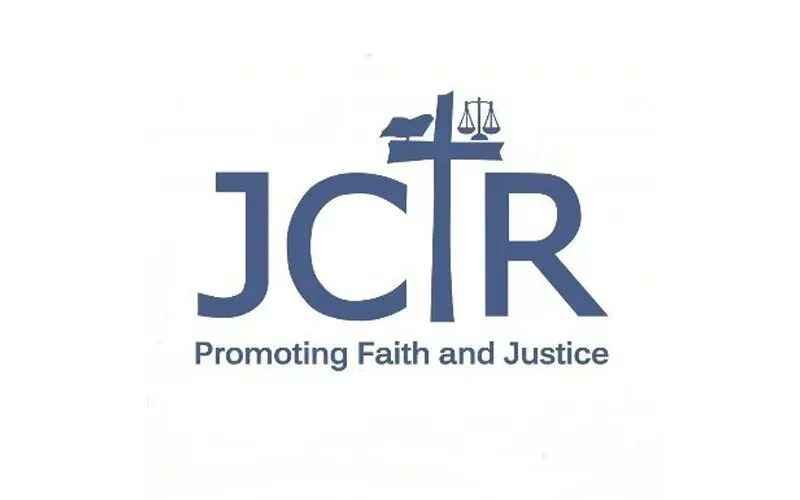Lusaka, 09 July, 2022 / 9:00 pm (ACI Africa).
Jesuit scholars in Zambia are concerned about the current economic and social conditions in Zambia, which they say are getting worse due to the high cost of living, making life for people in the Southern African nation difficult, some “barely surviving from day to day”.
In a Wednesday, July 6 statement, officials of the Jesuit Centre for Theological Reflection (JCTR) call upon the Zambian government to address the urgent need for affordable food and housing in the country.
“There is enough evidence that the social and economic conditions of the majority of the population have not improved an inch. In fact, the social and economic reality in the country is getting worse,” they say in the statement signed by JCTR Executive Director, Fr. Alex Muyebe.
The Jesuit scholars say that though prices of basic goods are increasing at a slow pace, “the fact is that commodity prices are very high and are likely to remain that way for some time given the ever-increasing fuel pump prices.”
“This is happening in a context where incomes are very low and, in some instances, very miserable, especially for the unskilled category of employees such as domestic workers and shop workers,” JCTR officials say, adding that the minimum wage in Zambia has remained unrevised for years.








